Oil is one of the foods that appear more frequently on our tables.
According to a Doxa survey ben il 72% of the townspeople consume more than 1 liter per month (like saying over 3 tablespoons a day) including olive, peanut, corn, sunflower. And not only.
Those too have recently appeared on the shelves of the super hemp, pumpkin seeds, flax seeds, avocado. The news is on the agenda. But they are worth tasting?
"Compared to the era these oils contain far fewer monounsaturated fats, which keep cell membranes fluid and help reduce inflammation in the body. I am though rich in other nutrients (minerals, vitamins, essential polyunsaturated fats including Omega 3), all precious for our well-being ", explains the doctor Serena Capurso, a nutrition biologist in Rome. "They are gods good alternatives also in terms of taste. Pay attention only to the quantities: the total recommended dose of oil is 2-3 tablespoons per day»Warns the expert.
THEY ARE OF QUALITY IF ...
At the super, however, do not put the first bottle you notice on the shelf in the cart. "Check all the information. First ask yourself what types of fats it contains. If it has one good amount of saturated (such as avocado or soybean oil), the oil is also suitable for cooking, as it resists heat better. If on the other hand it supplies almost exclusively polyunsaturates, that they easily deteriorate during cooking, it should be used preferably (or exclusively) raw ”, explains the doctor Serena Pironi, food technologist.
"You do then pay attention to the origin (those of the country and organic give greater guarantees of quality and safety) and the production method. The best oils, from a nutritional and organoleptic point of view, are those "Cold pressed" (i.e. without exceeding 30-35 ° C) and contain "intact" essential fatty acids and antioxidants (in the sense of not damaged). On the contrary, avoid refined ones. They are often extracted with solvents, such as hexane, and may have one small percentage of trans fat, dangerous for health, in particular for that of the heart and arteries ”, concludes Dr. Pironi.
In the gallery below we offer you 4 "different" oils, to try to enrich your dishes, raw or cooked.
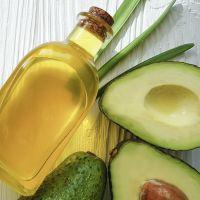
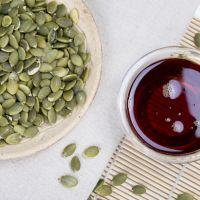
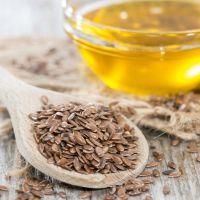


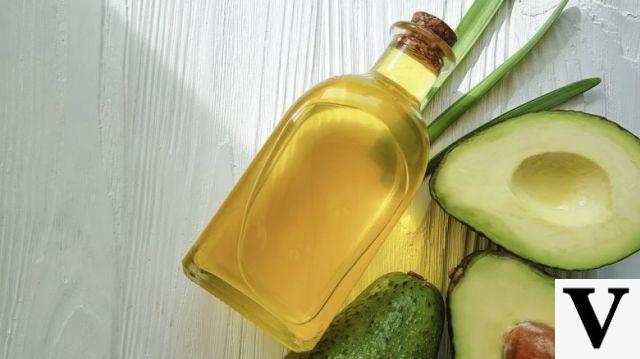
OF AVOCADO
It is obtained from the fresh pulp of the ripe fruit. The best has dark green color and a viscous texture. If it is yellow, it means that it is refined.
Benefits
«It has properties very similar to those of olive oil: it is rich in vitamins A and E and Omega 3 essential fatty acids»Says Doctor Capurso. Thanks to its anti-aging action prevents damage caused by free radicals responsible for cellular aging. “Plus, it brings in good amounts of iron, potassium, magnesium: precious minerals to counteract fatigue and keep muscles healthy ».
→ Okay for seasoning or cooking. It remains unaltered up to 255 ° C (smoke point) and is therefore also suitable for frying.
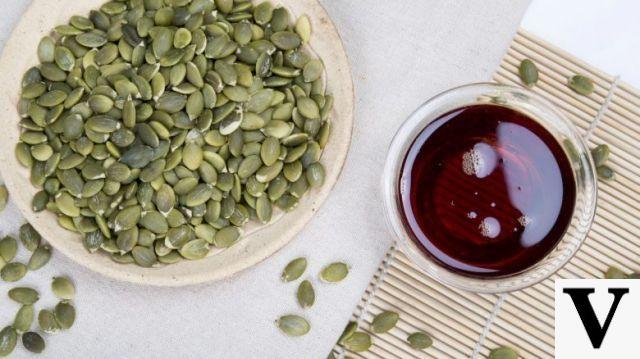
OF PUMPKIN SEEDS
It is obtained by squeezing the seeds.
Benefits
«It reduces inflammation and regulates the pH (ie the degree of acidity) of the organism thanks to its richness in carotenes, vitamins C and E, minerals such as zinc, magnesium, selenium and phosphorus. It also contains betasterols (substances similar to androgens and estrogens) for which its use is recommended for postmenopausal women to combat hot flashes and mood disorders, and to men who have prostate problems », Dr. Capurso points out.
→ Use it as a raw condiment for vegetable and cereal salads, soups, creams, soups and sauces. But be careful: it fears high temperatures.
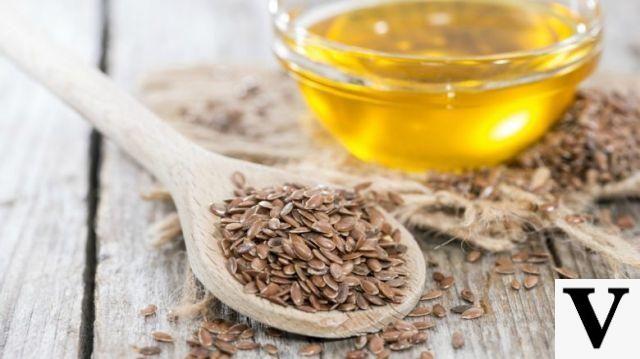
OF FLAX SEEDS
Produced by squeezing the seeds of the plant, it has a very intense flavor and slightly bitter.
Benefits
«Flaxseed oil has always been recommended in vegetarian diets to cover the need for Omega 3, which are contained almost exclusively in foods of animal origin. 1 tablespoon of 10 ml provides at least 4,6 g: double what is deemed necessary for those who do not eat meat or fish ", points out the professor Welcome Cestaro, of the School of Specialization in Food Science of the University of Milan.
→ Va used exclusively raw, to dress vegetables (also cooked), soups, salads of grains.
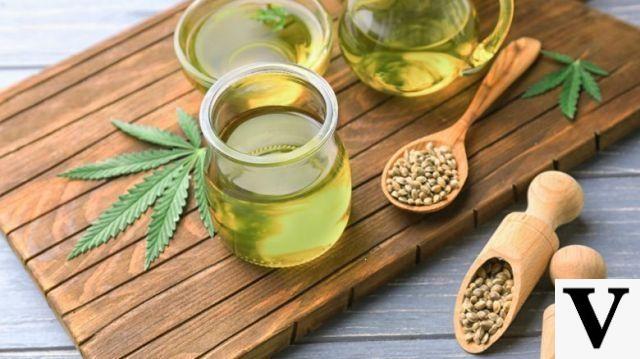
OF HEMP SEEDS
It is obtained from the cold pressing of Cannabis Sativa seeds (which unlike Indica is not a drug). The taste is pleasant and reminiscent of the hazelnut.
Benefits
It helps to reduce "bad" cholesterol (Ldl) and to raise the "good" one (Hdl), preventing the formation of atherosclerotic plaques and the onset of cardiovascular diseases. "The merit is ofhigh content of essential polyunsaturates: 2 g of Omega 3 and 5,5 g of Omega 6 in just 1 tablespoon ”, points out Dr. Capurso.
→ This oil is perfect for seasoning mixed green salads and raw vegetables in general, but also for soups and legumes and cereals. Enrich it with whole hemp seeds, sources of fiber: the taste will be even more pleasant.


























